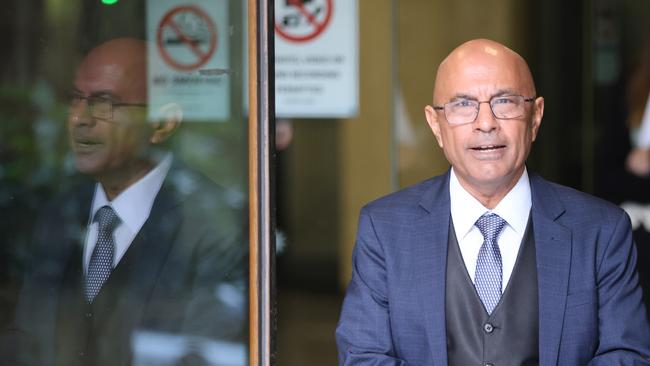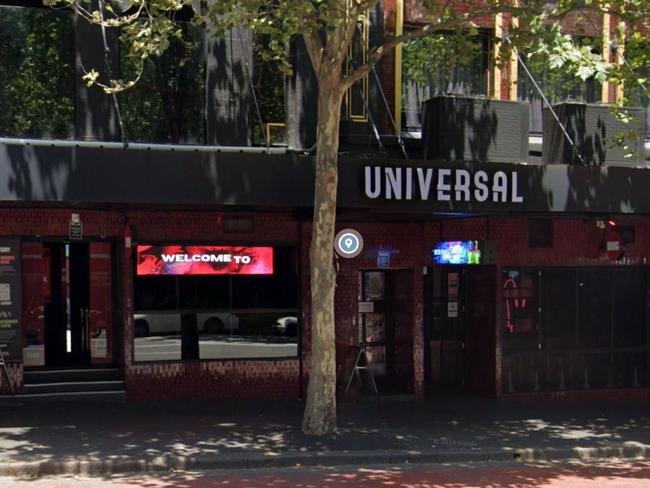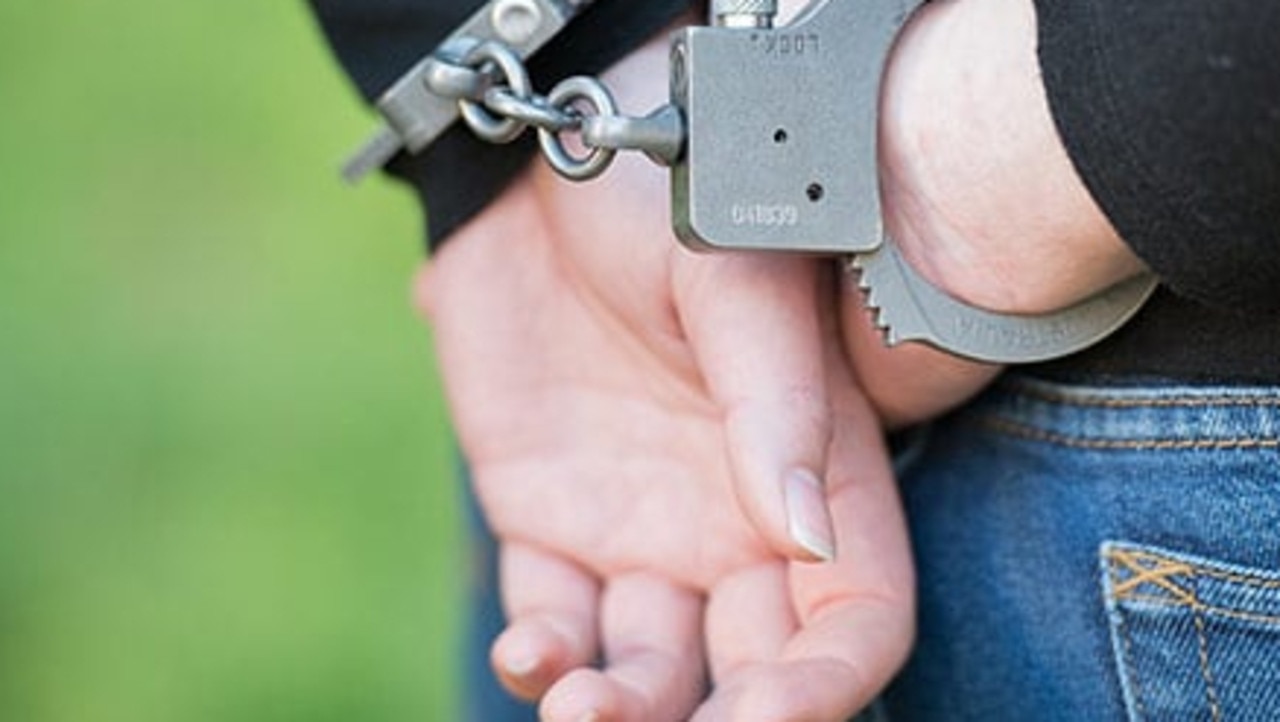Tahir Shahdin awarded legal costs after authorities withdraw transgender rape charge
A court has heard police failed to reveal in their brief of evidence that the complainant was transgender, or that she had a history of making false allegations against lovers.

Police & Courts
Don't miss out on the headlines from Police & Courts. Followed categories will be added to My News.
Taxpayers will foot the legal bill for a man wrongly accused of raping a woman inside a Sydney hotel room after it was revealed police failed to disclose that she was transgender or that she had a track record for making similar false allegations against other lovers.
Tahir Shahdin was hit with sexual intercourse without consent and recording intimate images without consent charges in November 2022 after the woman, who cannot be named for legal reasons, told police Shahdin had recorded himself digitally penetrating her anus against her will during a sexual encounter inside his room at the Vibe Hotel.
According to documents tendered to the NSW District Court, the pair met at iconic gay nightclub Universal Sydney on Oxford Street in the early hours of November 13, 2022, and spent several hours at the club together before walking arm in arm back to his hotel.
Shahdin does not deny that sexual activity took place between the pair but claims it was consensual.
However, the woman gave a statement to police claiming she had been raped, resulting in officers arresting and charging Shahdin five days later.
He was remanded in custody for three months until the Supreme Court granted him bail in February 2023.

The court heard police served their brief of evidence on Shahdin’s legal team but failed to stipulate anywhere in the material that the woman was a transgender female, which Shahdin’s lawyers labelled “incomprehensible”.
‘PHYSICALLY IMPOSSIBLE’
They argued Shahdin’s actions — as alleged by the woman — would have been “physically impossible to have been committed given the substantial size and height difference between [Shahdin], who is a very short man, and the complainant who is a tall, broad set biological male.”
The court heard despite this, the case proceeded through the court system for more than a year, during which time Shahdin’s repeated offers to plead guilty to a charge of common assault were refused by the Director of Public Prosecutions.
In February this year, Shahdin’s lawyers issued a subpoena for information about the woman’s previous interactions with police.
Two police intelligence reports provided as part of the subpeoned material revealed the woman had made similar complaints against two other men previously, which had been investigated by detectives, but dismissed without charges being laid.
Shahdin’s lawyers flagged their intention to rely on a tendency argument should their client’s case proceed to trial — namely, that the woman had a tendency to meet men at nightclub, go to hotel rooms and have sex, then make false complaints about being raped.
They argued the intel reports provided revelations that “clearly went to [the woman’s] honesty, credibility and reliability” as a witness, and had officers “diligently investigated the matter … may have resulted in [Shahdin] never being charged”.
After reviewing the new evidence, the Director of Public Prosecutions formally withdrew the charges against Shahdin on March 28 this year.
In awarding costs, which could run into the hundreds of thousands of dollars, Judge Phillip Mahoney said the evidence pointed to the case against Shahdin being “inherently weak” from the outset.
“Having regard to all relevant facts … I find that, on the basis of the inherent weakness of the crown case, it would have been unreasonable for a hypothetical prosecutor to commence the proceedings,” he said.





